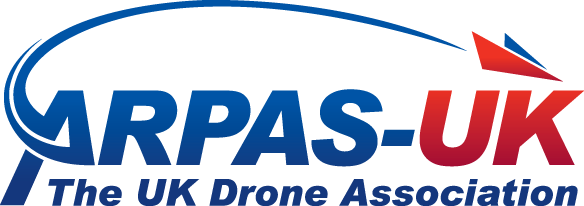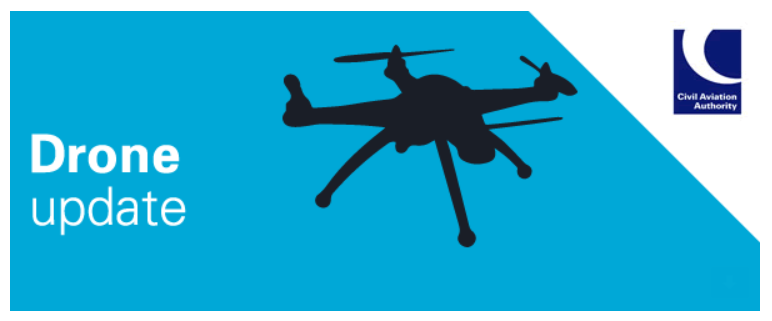Information for standard permission holders:
The new UAS regulations will become applicable in the UK on the 31st December 2020, with the intent of simplifying the overall process for UAS operations. Once in UK law operations of unmanned aircraft will fall into one of three categories:
Open category – operations that present a low (or no) risk to third parties. Operations are conducted in accordance with basic and pre-defined characteristics and are not subject to any further authorisation requirements.
Specific category – operations that present a greater risk than that of the Open category, or where one or more elements of the operation fall outside the boundaries of the Open category. Operations will require an operational authorisation from the CAA, based on a safety risk assessment.
Certified category – operations that present an equivalent risk to that of manned aviation and so will be subjected to the same regulatory regime (i.e. certification of the aircraft, certification of the operator, licensing of the pilot).
Renewals
PLEASE NOTE: If you wish to renew your Standard Permission you may do so in the same way as before, however if your application is assessed on, or after 31st December the document you will receive will be called an Operational Authorisation, and will be based on UK PDRA-01, instead of a Standard Permission. You must not fall out of the oversight of the CAA to be permitted to renew the Standard Permission e.g. you must apply before your existing permission expires in order to be granted the new Operational Authorisation. If you wish to obtain an Operational Authorisation after your Standard Permission has lapsed, you must return to an RAE and obtain a GVC. The Full NQE recommendation or alternate means of compliance will not be recognised for Operational Authorisation applications based off expired Standard Permission.
If you determine that the type of operations you currently undertake as a Standard Permission holder, falls within the Open category then you must ensure the legal limitations of the category you are operating within is adhered to and that the flight can be made safely. The CAA does not hold any oversight responsibilities of open category operations and the police will take appropriate action on illegal activities.
Note: If, after the new UAS regulations become applicable, you allow your current permission to lapse, then you will need to apply for an operational authorisation as a ‘new’ operator – as a result, the requirements of UK PDRA-01 will need to be followed, which includes all remote pilots to be in possession of General VLOS Certificate (GVC) as demonstration of their competency.
Further information
Please see links below for relevant materials for you to read and contact your NQE/RAE for any additional assistance:
CAP 722: http://publicapps.caa.co.uk/modalapplication.aspx?appid=11&mode=detail&id=415
CAP 1789 (will soon be removed): https://publicapps.caa.co.uk/modalapplication.aspx?appid=11&mode=detail&id=9135
New UAS Implementing Regulation (IR): www.caa.co.uk/cap1789a
New UAS Delegated Regulation (DR): www.caa.co.uk/cap1789b
The UAS team at the Civil Aviation Authority
24 November 2020
  Further information Please see links below for relevant materials for you to read and contact your NQE/RAE for any additional assistance: CAP 1789 (will soon be removed): https://publicapps.caa.co.uk/modalapplication.aspx?appid=11&mode=detail&id=9135 New UAS Implementing Regulation (IR): www.caa.co.uk/cap1789a New UAS Delegated Regulation (DR): www.caa.co.uk/cap1789b The UAS team at the Civil Aviation Authority 24 November 2020 |

